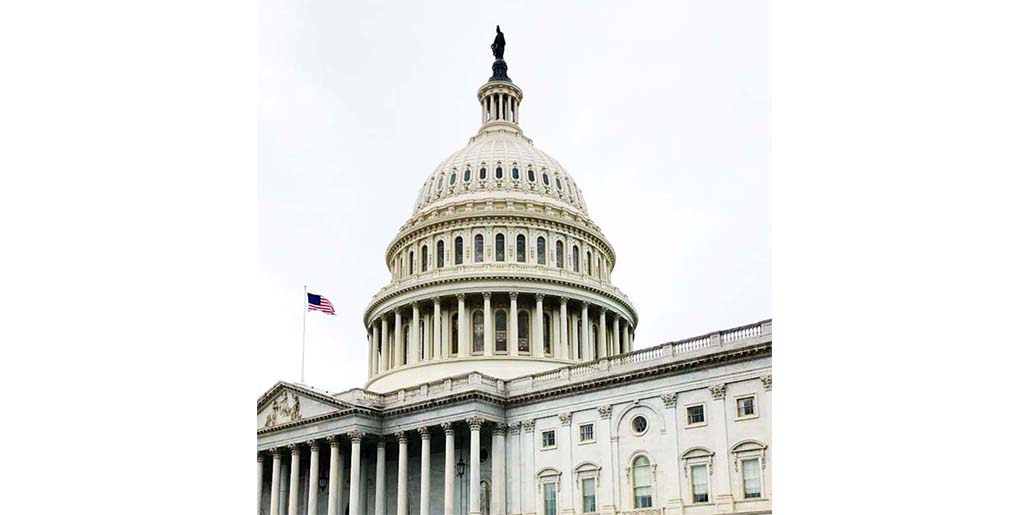NCCS Joins Cancer Groups to Oppose Graham-Cassidy ACA Repeal in a Letter to Senate Leadership
Every segment of the cancer patient population — children with cancer, those diagnosed with cancer as older adults, those diagnosed with a second cancer, and adolescents, young adults, and older adults who are facing long-term survivorship — will be harmed by Graham-Cassidy. They will confront challenges in obtaining access to affordable and adequate insurance in a system of block grants with funding shortfalls and in which benefit, cost, and cost-sharing protections are compromised.
The CLC urges the Senate to reject the Graham-Cassidy legislation and to continue bipartisan efforts to stabilize the health insurance markets.
Read the full text of the letter below.
CANCER LEADERSHIP COUNCIL
A PATIENT-CENTERED FORUM OF NATIONAL ADVOCACY ORGANIZATIONS
ADDRESSING PUBLIC POLICY ISSUES IN CANCER
September 21, 2017
The Honorable Mitch McConnell
Majority Leader
United States Senate
Washington, DC 20510
The Honorable Charles Schumer
Minority Leader
United States Senate
Washington, DC 20510
Dear Leader McConnell and Leader Schumer:
The undersigned organizations, representing cancer patients and survivors and cancer care professionals, are writing to express serious reservations about the Graham-Cassidy-Heller-Johnson legislation to repeal and replace the Affordable Care Act. This legislation would adversely affect the ability of cancer patients to obtain affordable and adequate insurance coverage and appropriate cancer treatment.
There are numerous ways in which the Graham-Cassidy bill might harm cancer patients:
- Cancer patients may not be able to afford insurance coverage of any sort, or the insurance that they can afford may not cover critical elements of their cancer treatment like drugs and other services. Under the bill, states may waive essential health benefits and community rating protections, actions that would put cancer patients at grave risk.
- Older Americans will be especially hard hit by the ability of states to waive the age rating provisions of the Affordable Care Act and by the higher premiums that will result. Because cancer incidence increases with age, this provision of the legislation has an especially significant impact on cancer patients.
- Financial toxicity will become a more significant side effect of cancer under the Graham-Cassidy bill, as patients lose annual and lifetime spending cap protections. Current lifetime and annual spending protections apply to essential health benefits, and state waiver of these benefits will make the spending cap protections meaningless.
- Children with cancer who rely on Medicaid for their care may not have access to cutting edge cancer treatments and all elements of complex and comprehensive cancer care – or appropriate survivorship care — if Medicaid is governed by per capita caps.
- Those who are diagnosed with cancer after 2026 have no assurances about the kind of marketplace in which they will seek insurance, because the Graham-Cassidy block grant program terminates after ten years.
Every segment of the cancer patient population—children with cancer; those diagnosed with cancer as older adults; those diagnosed with a second cancer; and adolescents, young adults, and older adults who are facing long-term survivorship—will be harmed by Graham-Cassidy. They will confront challenges in obtaining access to affordable and adequate insurance in a system of block grants with funding shortfalls and in which benefit, cost, and cost-sharing protections are compromised.
This nation has invested generously in cancer research and development, efforts that have yielded impressive advances in the treatment of many forms of cancer. Many Americans who are diagnosed with cancer survive for decades after diagnosis. The Graham-Cassidy legislation will threaten the ability of many cancer patients to purchase insurance that provides them access to life-saving cancer treatment, and it will hinder the ability of long-term survivors to afford health insurance.
We urge you to reject the Graham-Cassidy legislation because of the harm it will do to the cancer patients we represent. We also urge you to continue bipartisan efforts to stabilize the health insurance markets, an immediate first step toward addressing issues in our health care system.
Sincerely,
Cancer Leadership Council
American Society of Clinical Oncology
CancerCare
Cancer Support Community
The Children’s Cause for Cancer Advocacy
Fight Colorectal Cancer
International Myeloma Foundation
The Leukemia & Lymphoma Society
LIVESTRONG
Lymphoma Research Foundation
National Coalition for Cancer Survivorship
National Comprehensive Cancer Network
Ovarian Cancer National Alliance
Prevent Cancer Foundation
Sarcoma Foundation of America
Susan G. Komen
cc: All Senators
Download the letter here. [PDF] (Right-click, save as)
Related Posts
Read more of our coverage on the attempts to repeal the ACA »




